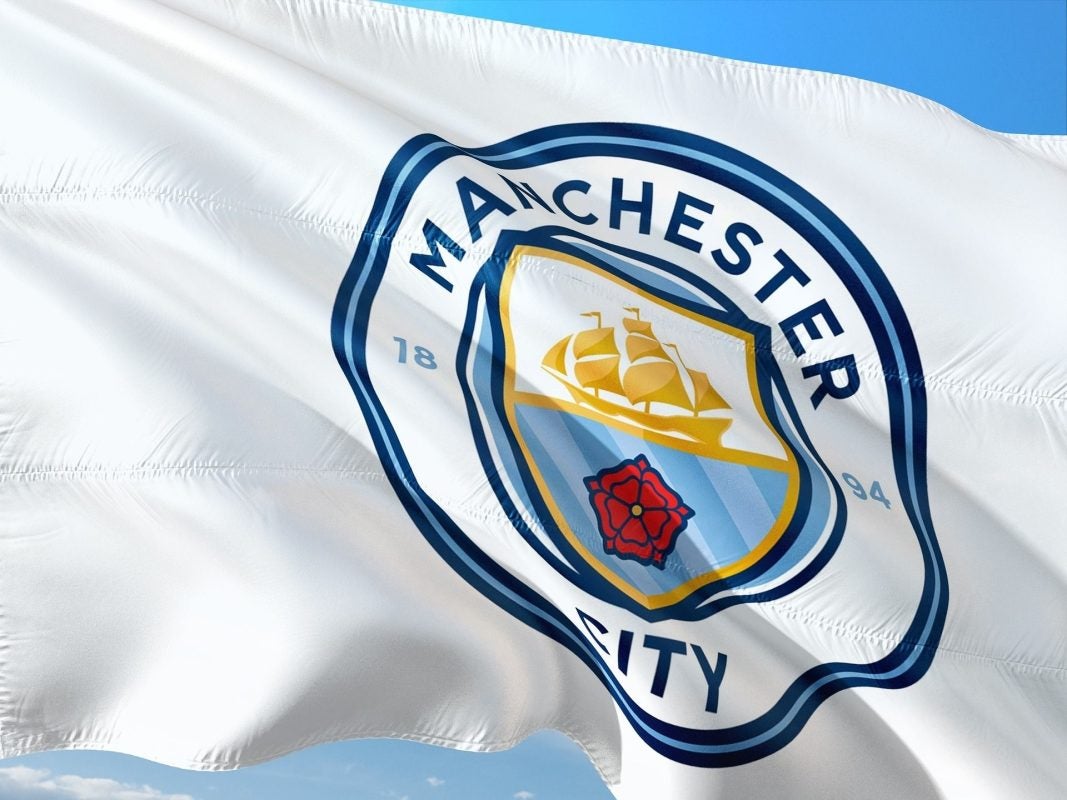February 2024 marked the first time in English football that all Premier League (PL) clubs agreed to establish a framework binding all members to a minimum standard of action on environmental issues.
Manchester City is one of eight PL clubs that already have a net zero target in place, and the reigning champions have been making steady progress towards this goal over the last few years.
Manchester City has set a net zero target of 2030
Manchester City plans to achieve net zero status by 2030, but this is not the club’s only target. It also set a goal of reducing all CO₂ emissions by 14% each year, as well as pinning 2050 as the year by which it aims to have reduced all carbon emissions by 100% compared with 1990 levels.
There are a variety of ways in which clubs such as City can go about minimising their impact on the environment and enhancing their sustainability credentials.
Merchandise is often one of the largest contributors to a football club’s Scope 3 emissions: for Liverpool FC, it accounted for more than 117,000 tonnes of GHG emissions during the 2021-22 season. City has been collaborating with Puma to collect and recycle used shirts, thereby reducing waste and offering a circular solution to the high volume of football shirt production compared with the lack of an end-of-life strategy. New Manchester City shirts now comprise 75% repurposed football jerseys and 25% SEAQUAL marine plastic.
The club also aimed to remove all remaining polyethylene terephthalate (PET) by the end of the 2023-24 season and be fully free of all single-use plastics as part of its net zero strategy. PET is a polyester plastic derived from petroleum, used in fibers for clothing and containers for liquids and food.

US Tariffs are shifting - will you react or anticipate?
Don’t let policy changes catch you off guard. Stay proactive with real-time data and expert analysis.
By GlobalDataManchester City’s ecology initiatives
Another area in which Manchester City has been targeting sustainability improvements is initiatives in biodiversity and ecology. As part of the continuous development of the club’s Etihad stadium, there will be a rethinking of the estate’s trees and green spaces in the first phase of ‘re-greening’. This will be undertaken within the club’s biodiversity strategy and Mancgroves initiative.
The Mancgroves initiative is working to create positive green local spaces that absorb the greatest amount of carbon and attract wildlife. The project is evolving as part of the road to net zero by 2030.
Additionally, to enhance biodiversity at City Football Academy, the club is implementing a management plan to create and improve woodland, wetland, and wildflower areas, including ponds and solitary bee nesting posts to encourage enhanced biodiversity.
Energy and water
All clubs will need to reduce energy and water consumption as a key focus of any net zero strategy. Manchester City is seeking to eradicate all non-essential energy consumption and procure electricity from credible, 100% renewable sources.
The club has already achieved the procurement of 100% renewable electricity and is reducing its use of gas over time. Water consumption was also reduced by 7,42 cu/m in 2022-23 compared to 2021-22, and water management released four tonnes less CO2e in 2022-23 compared to 2021-22. There is still plenty of room for further improvement on the road to net zero, but the club is making clear progress in its pursuit of its goal.









